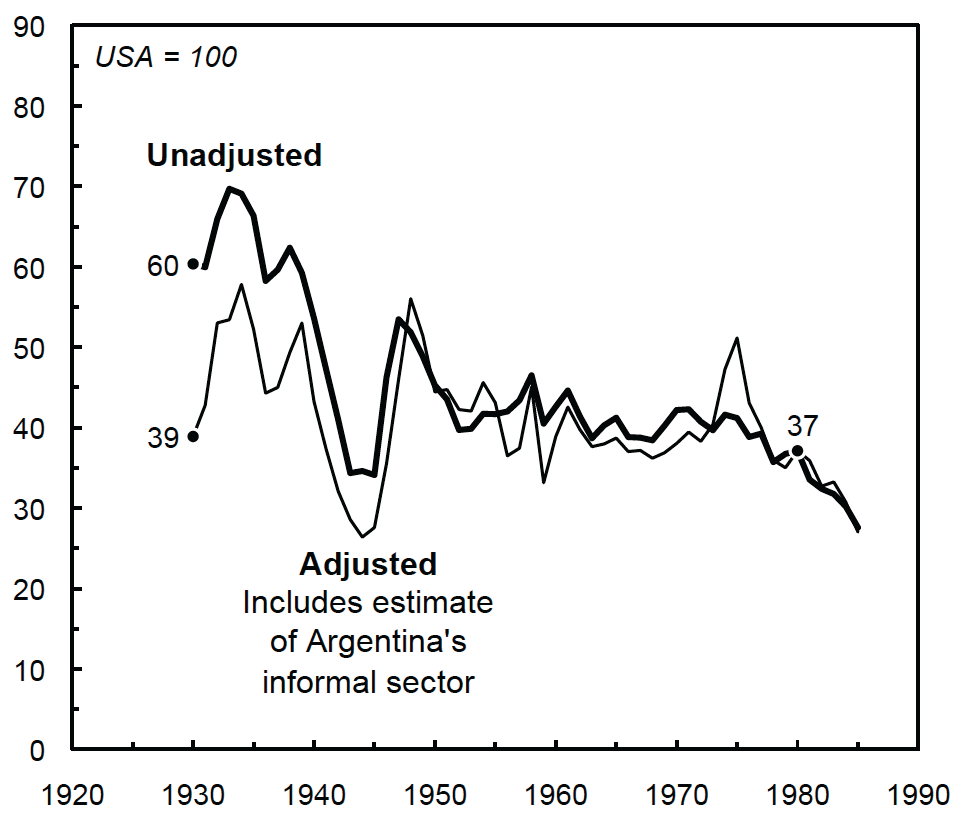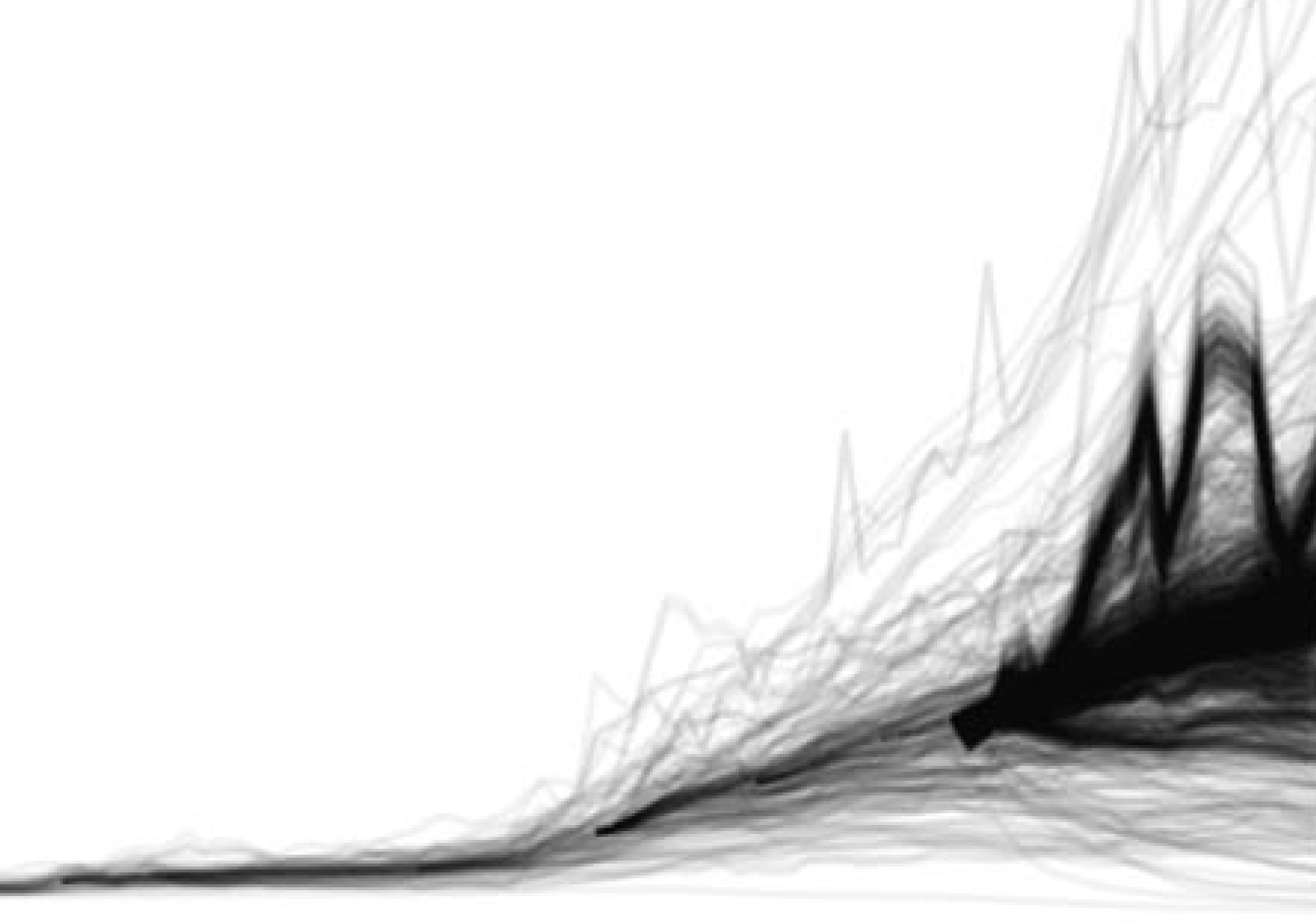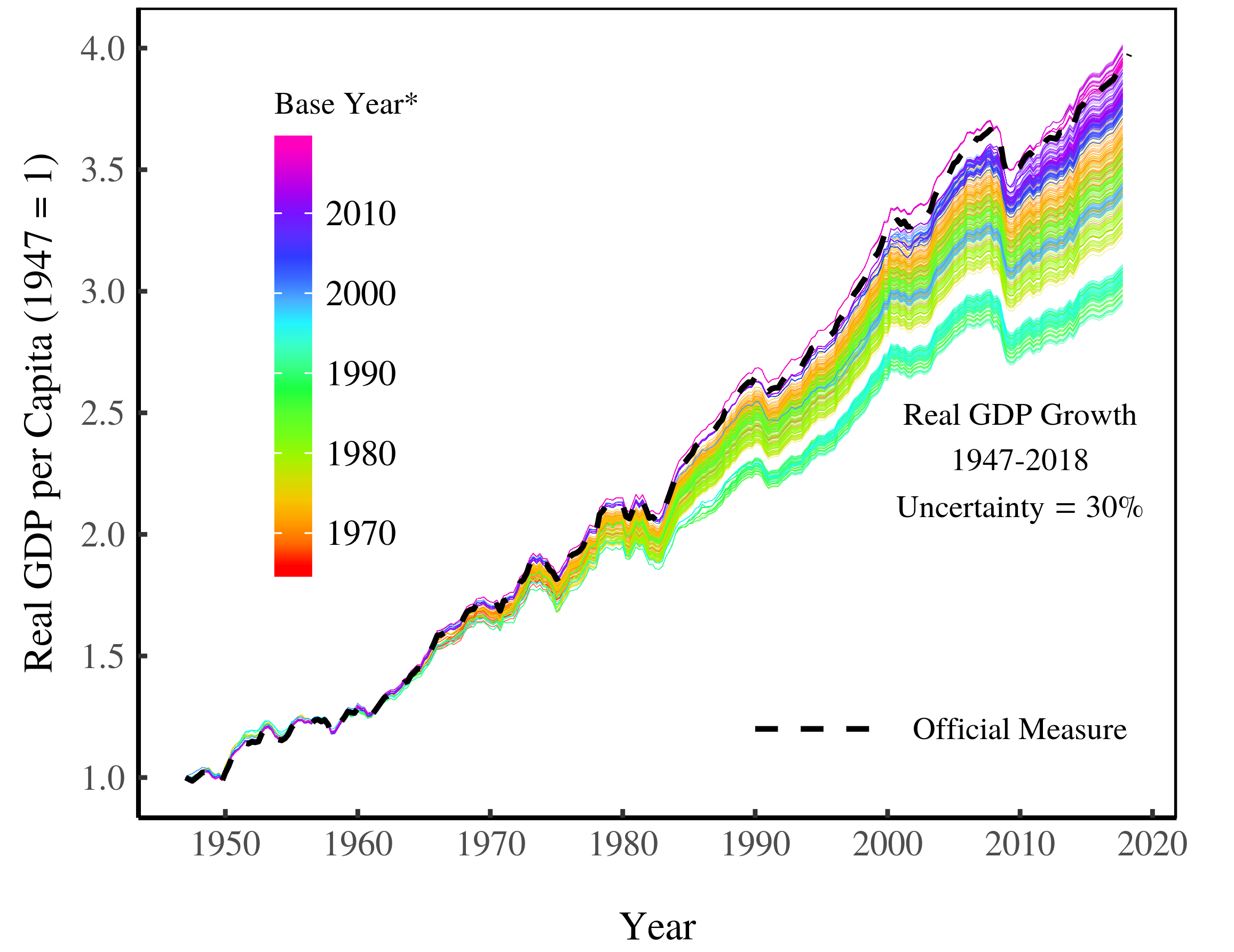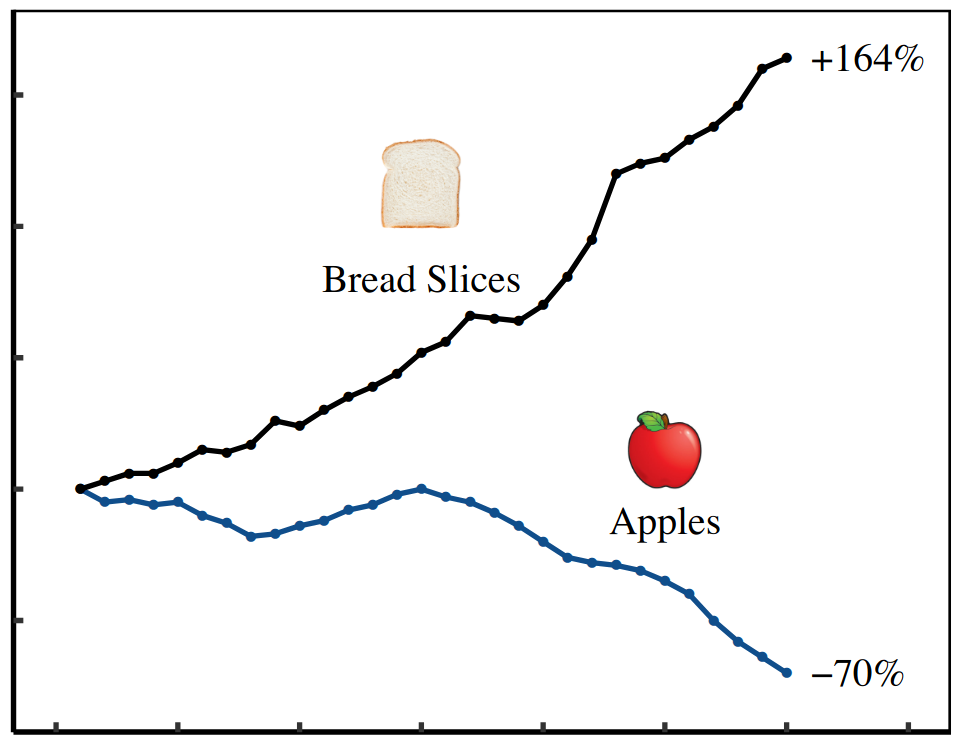Jerry Cayford Originally published here A conversation, eighty-some years ago, shaped our world today. The conversation was among three papers in economics. In 1939, Nicholas Kaldor and John Hicks published papers that steered economics through a major crisis, one that threatened its legitimacy as an advisor on public policy. With the Great Depression still raging […]
Continue ReadingArgentina: Decline or Urbanisation?
Originally published at joefrancis.info Joe Francis Recently the Economist published a front-page feature on ‘The Tragedy of Argentina: A Century of Decline‘. By summarising the current scholarship on the ‘Argentine paradox’, the article demonstrates why the study of the country’s history remains so necessary. The article begins with the standard claim that Argentina was rich at the beginning […]
Continue ReadingFix, Nitzan & Bichler, ‘Real GDP: The Flawed Metric at the Heart of Macroeconomics’
Abstract The study of economic growth is central to macroeconomics. More than anything else, macroeconomists are concerned with finding policies that encourage growth. And by ‘growth’, they mean the growth of real GDP. This measure has become so central to macroeconomics that few economists question its validity. Our intention here is to do just that. […]
Continue ReadingReal GDP: The Flawed Metric at the Heart of Macroeconomics
Blair Fix, Jonathan Nitzan and Shimshon Bichler The study of economic growth is central to macroeconomics. More than anything else, macroeconomists are concerned with finding policies that encourage growth. And by ‘growth’, they mean the growth of real GDP. This measure has become so central to macroeconomics that few economists question its validity. Our intention […]
Continue ReadingFix, ‘The Aggregation Problem: Implications for Ecological and Biophysical Economics’
Abstract This paper discusses the dimension problem in economic aggregation, as it relates to ecological and biophysical economics. The dimension problem consists of a simple dilemma: when we aggregate, the observer must choose the dimension of analysis. The dilemma is that this choice affects the resulting measurement. This means that aggregate measurements are dependent on […]
Continue Reading2018/03: Fix, ‘The Aggregation Problem’
Abstract This article discusses the aggregation problem and its implications for ecological economics. The aggregation problem consists of a simple dilemma: when adding heterogeneous phenomena together, the observer must choose the unit of analysis. The dilemma is that this choice affects the resulting measurement. This means that aggregate measurements are dependent on one’s goals, and […]
Continue Reading





